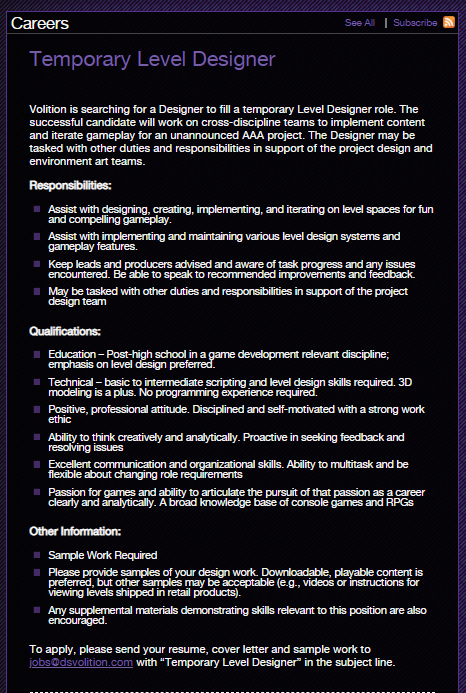
There are jobs for English/CW majors at campus career fairs. It helps to know what you’re looking for, though.
ONE option (there are others — we’ll get to those in future posts) that English/CW majors should know about: management development programs. Sometimes called “leadership development” or “rotational programs,” these opportunities involve a one- to two-year commitment to a mid-size to large company. During that time, the new employee rotates through several different departments, learning how different parts of the company operate, trying out different skill sets, and and getting the big picture that will eventually help him or her flourish in a particular role. Here’s a post about one English alumna who is in the midst of such a program at Cintas.
If all goes well, at the end of the program, the employee is hired into a permanent managerial role in whichever part of the company is the best fit.
Continue reading “The Business Career Fair for English/CW Majors: Management Training Programs”

 Thinking about a career writing for video games? It’s a hard field to break into, but it is a thing people do. We have a post about it
Thinking about a career writing for video games? It’s a hard field to break into, but it is a thing people do. We have a post about it 
 We asked graduating senior Zoe Pawelczak (BA, English ’18) to share her advice about job-hunting as an English major. Here’s what she had to say.
We asked graduating senior Zoe Pawelczak (BA, English ’18) to share her advice about job-hunting as an English major. Here’s what she had to say. 